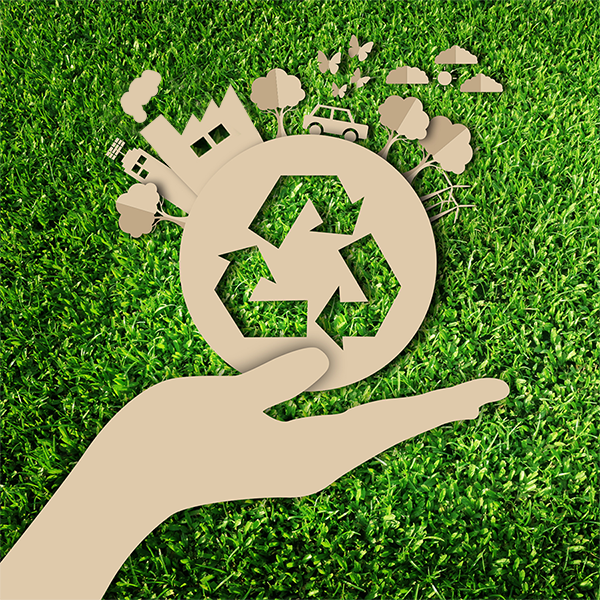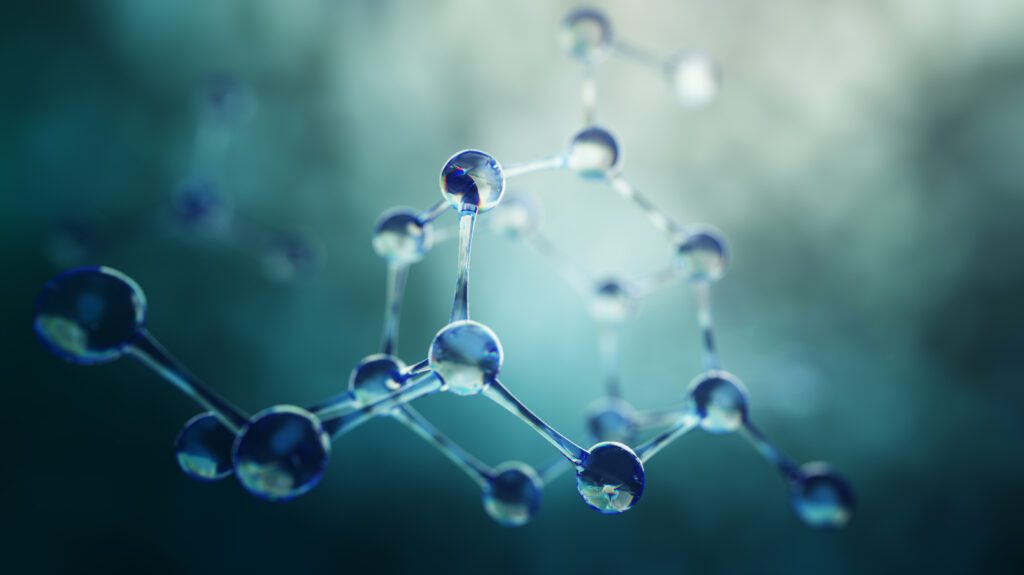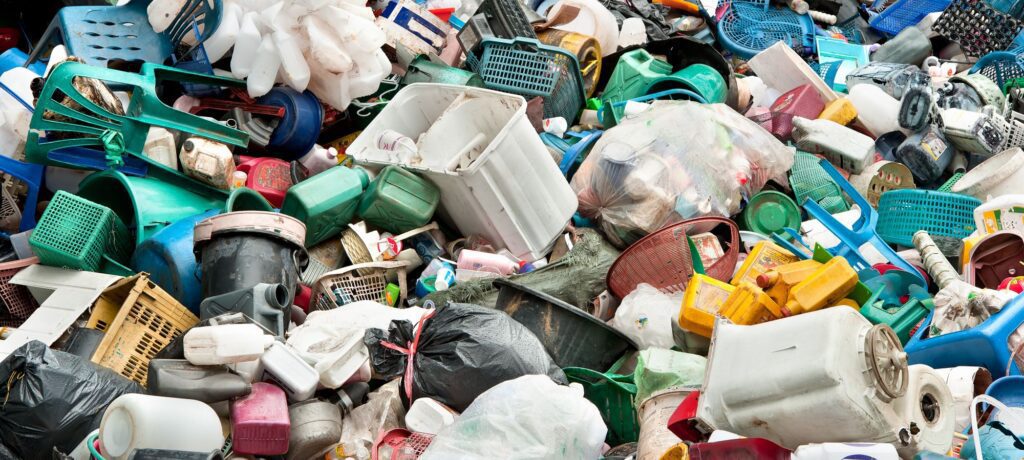The Flemish Government has approved financial support for six companies that will invest in innovative recycling techniques to close the material cycle. The aim of the support is to transform Flanders into a leading recycling hub at an accelerated pace. This support mechanism is financed with funds from the European Union’s Recovery and Resilience Facility (FRF).
In October 2021, OVAM launched a first call. A jury assessed all applications for support based on various criteria and submitted a ranking to the Flemish government. The latter decided on the final allocation of support.
Selected projects
A total of 18 projects were submitted. In the end, 13 projects were eligible for financial support, of which 6 were selected for a total grant of EUR 15 million. The selected projects show that there are several opportunities in Flanders to invest in recycling.
1) Indaver’s Plastics2Chemicals (P2C) is an advanced recycling technology based on thermal depolymerisation. Heating converts plastic waste into a mixture of chemical building blocks. Thorough distillation allows these building blocks to be purified to the desired quality.
2) Laupat Pyrum Antwerp will invest in the first full-scale combined shredder and pyrolysis reactor for processing waste car tyres. This can produce new raw materials for the (petro)chemical industry (pyrolysis oil), for the automotive & ink industry (carbon black), and for the steel and textile industries.
3) RetourMatras in Oudsbergen, a Dutch company active in mattress recycling, has a self-developed technology of almost fully automated mattress dismantling. This preserves at least 85% of discarded materials for reuse. The company will now also build a modern mattress dismantling plant and production facility in Flanders.
4) Trinseo is investing in a commercial PS depolymerisation plant in Tessenderlo. The innovatively developed fluidised bed technology should allow post consumer PS waste to be valorised to its ‘original form’ as styrene monomer, which can then be used to produce high-quality polystyrene for numerous applications, including food packaging.
5) IGEAN plans to install a thorough post-treatment of the digestate by wet scrubbing at its Brecht site so that they can selectively separate the different recyclable fractions [(micro)plastics, stone, metal] from the organic stream and sort them out more purely. Customers can then use the individual fractions as raw materials.
6) The shift in the automotive sector towards electric cars is reducing the demand for secondary recycled aluminium and increasing the demand for specific light aluminium alloys. In addition, primary smelters are also coming under pressure with imposed CO2 emission standards and limited access to alloy elements. In response, Galloo will invest in a facility in Menen that will allow light aluminium alloys to be separated.
Launch of second call
A total of EUR 30 million will be available for funding from the relaunch funds. In May-June 2022, the OVAM will launch a second call and thus a new opportunity to apply for financial support for an innovative recycling project.


